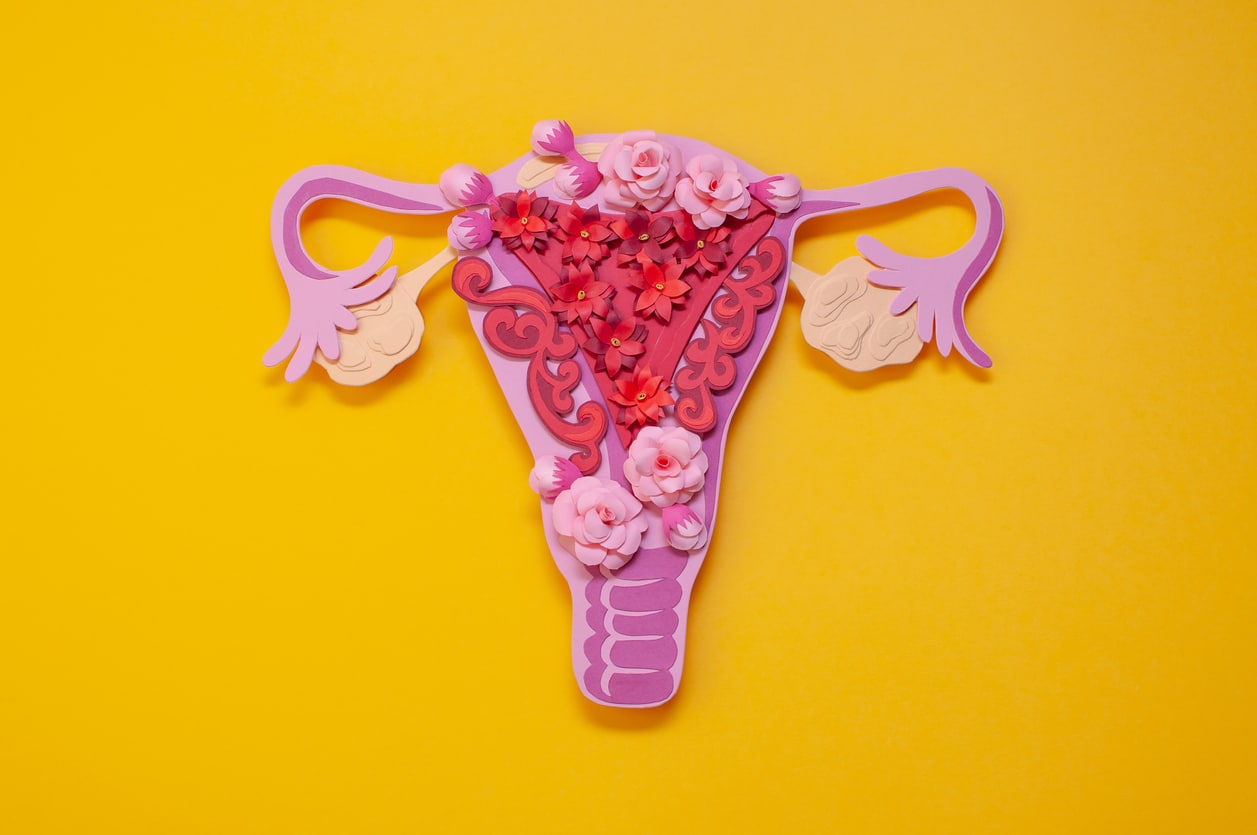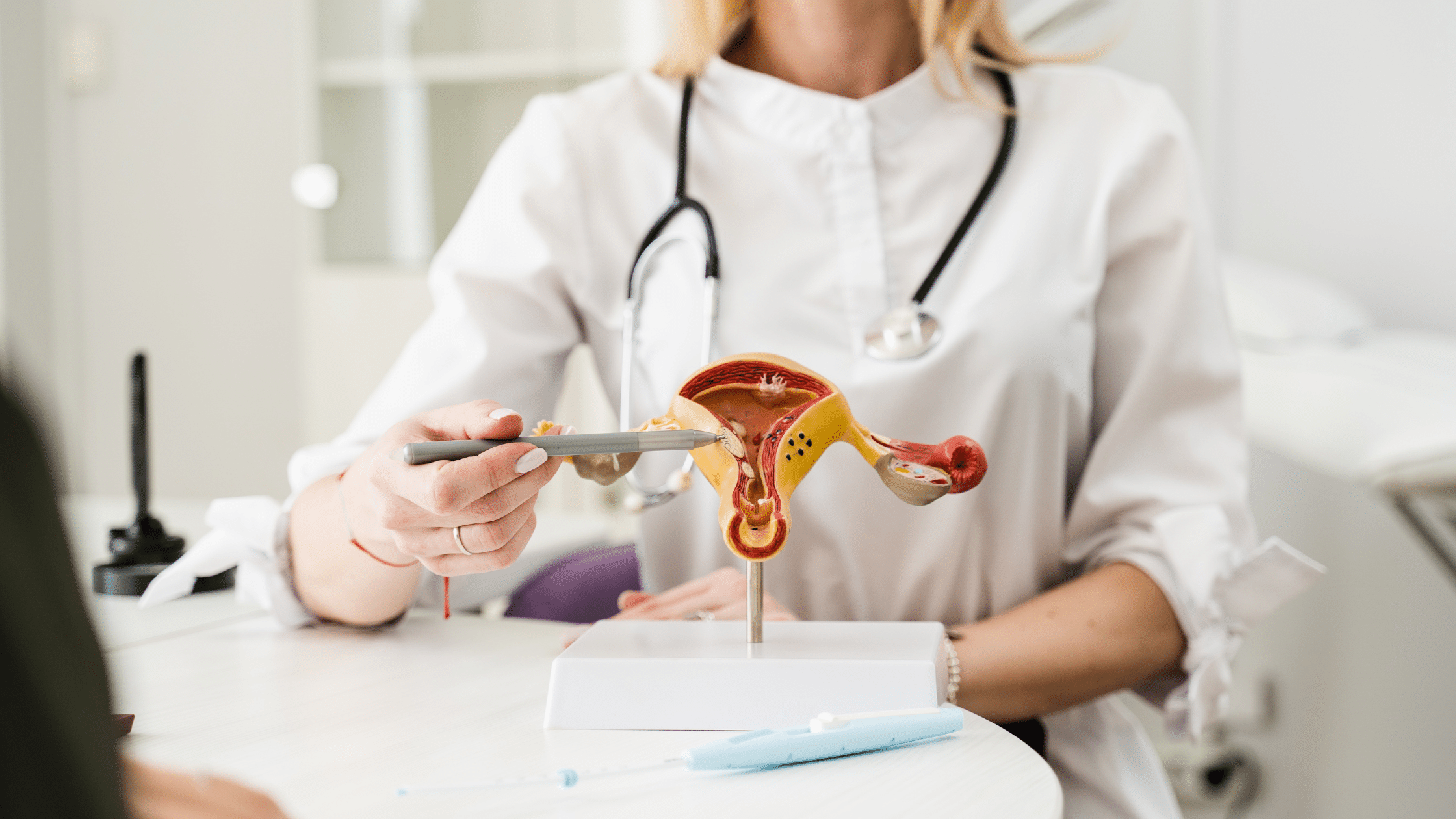Endometriosis affects millions of women across the U.S., yet its exact cause remains unclear. While…

Tips and Tricks For Living Well With Endometriosis
Endometriosis is a chronic condition that affects millions of women worldwide. It occurs when the tissue that normally lines the uterus, called the endometrium, grows outside of the uterus. This can cause a variety of symptoms and complications, including pelvic pain, painful periods, and infertility.
Endometriosis can have a significant impact on a woman’s quality of life. The pain and discomfort associated with the condition can make it difficult to perform daily activities, and the uncertainty surrounding fertility can be emotionally challenging. In this blog, the experts at The Endometriosis Treatment Center of America cover tactics and tips to help those struggling with Endometriosis live well and effectively manage their symptoms.
Endometriosis Treatment Options
Medications
One standard treatment option is medication. Nonsteroidal anti-inflammatory drugs (NSAIDs) can help relieve pain and reduce inflammation. Hormonal therapies, such as birth control pills or hormonal IUDs, can also be used to help regulate the menstrual cycle and reduce the growth of endometrial tissue.
Surgery
In more severe cases, surgery may be necessary. Excision of Endometriosis surgery can be used to remove lesions and scar tissue, while more extensive surgery may be required to remove the uterus or ovaries. These procedures can help alleviate pain and improve overall well-being in some cases.
Alternative Therapies
In addition to conventional treatments, many women find relief from alternative therapies. Acupuncture, chiropractic care, and herbal medicine are just a few examples of alternative therapies that may help manage endometriosis symptoms. Before undergoing any treatment, we recommend speaking with a healthcare professional.
Endometriosis-friendly Diet and Nutrition Tips
Maintaining a healthy diet is important for managing endometriosis symptoms and promoting overall well-being. There are several dietary strategies that may help alleviate symptoms and improve quality of life.
Foods To Include
Including foods that are high in omega-3 fatty acids, such as fatty fish, walnuts, and flaxseeds, may help reduce inflammation and alleviate pain. Foods rich in antioxidants, such as fruits, vegetables, and whole grains, can also help support the immune system and reduce inflammation.
Foods to Avoid
Limiting or avoiding certain foods may also be beneficial. Caffeine, alcohol, and processed foods are known to worsen endometriosis symptoms in some women. It may be helpful to keep a food diary to identify any specific triggers or patterns.
Stay Hydrated
In addition to a healthy diet, staying well-hydrated is important for managing endometriosis symptoms. Drinking plenty of water can help reduce bloating and promote overall health. Most experts recommend an average of five standard glasses of water a day.
Exercise For Managing Endometriosis Symptoms
Regular exercise and physical activity can be beneficial for managing endometriosis symptoms and improving overall well-being. Exercise can help reduce pain, improve mood, and increase energy levels. Experts recommend 30 minutes of exercise a day or 150 minutes a week.
Low-impact activities, such as walking, swimming, and yoga, are often recommended for women with endometriosis. These activities provide the benefits of exercise without putting excessive strain on the body.
It is important to listen to your body and not push yourself too hard. Start slowly and gradually increase the intensity and duration of your workouts. If you experience pain or discomfort during exercise, it is important to stop and rest.
Coping with Endometriosis: Emotional Support and Mental Health Tips
Living with endometriosis can be emotionally challenging. The uncertainty surrounding fertility, the impact on daily activities, and the chronic pain can take a toll on mental health. However, there are several strategies that may help you cope with endometriosis.
Seeking emotional support is essential. This can be from friends and family, a support group, or a therapist. Talking about your feelings and experiences with others who understand can provide validation and comfort.
Practicing self-care is also important. Taking time for yourself, engaging in activities you enjoy, and prioritizing your mental and emotional well-being can help reduce stress and improve your overall quality of life.
It is important to remember that coping with endometriosis is a journey, and everyone’s experience is unique. Finding the strategies that work best for you may take time and experimentation, but with patience and support, it is possible to live a fulfilling life with endometriosis.
Seek Expert Treatment for Endometriosis With ETCOA
Endometriosis is a chronic condition that can have a significant impact on a woman’s quality of life.
If you believe that you are suffering from endometriosis or have already been diagnosed, don’t hesitate to reach out and contact our team. We have years of experience with Endometriosis and can help provide much-needed relief for your pain. We serve clients around the country, so no matter where you live, our expert team is here to help. However, with proper management and support from experts, it is possible to live well with endometriosis.
Discover Relief With the Endometriosis Treatment Center of America
If you’re looking for assistance to manage your endometriosis pain, our team is always here to help – no matter if you reside in Michigan or are visiting from out of state. You have a team of experts working to help you find relief from endometriosis – the Endometriosis Treatment Center of America. Contact us either over the phone at (248) 397-9129 or online and begin your journey to finding relief today!



